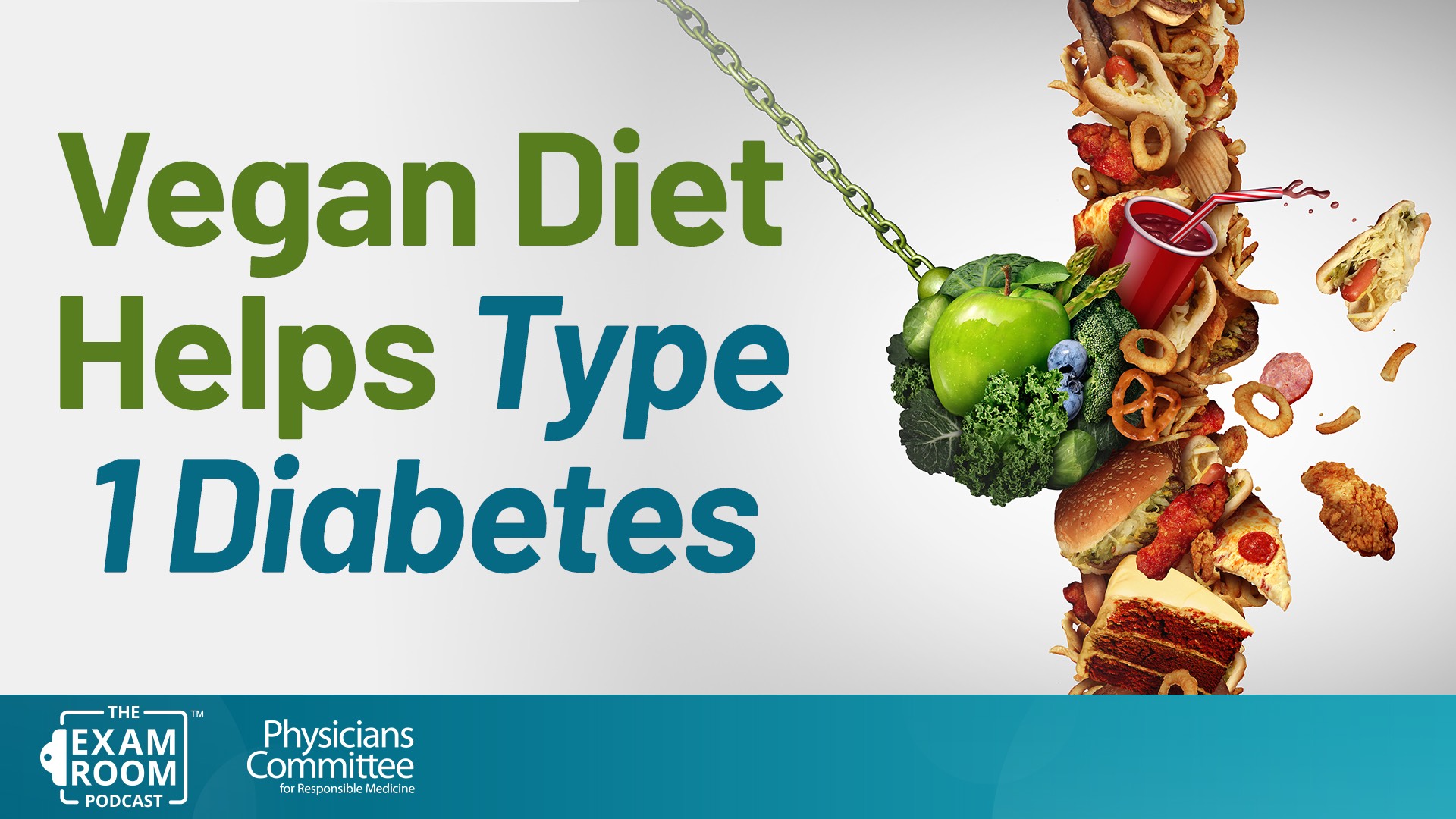
Eating a vegetarian diet has numerous health benefits for the body. Some of them are listed below: Reduced risk of heart disease, lower cholesterol, reduced risk of blood clots and osteoporosis. Although these benefits won't be immediately apparent, they can help to make healthier lifestyle choices.
Heart disease risk is reduced
A new study shows that people who eat mostly vegetarian foods are less likely than those who do not. This study was published by the American Journal of Clinical Nutrition. The researchers found that a vegetarian diet decreased the risk of heart disease by as much as 32%. Heart disease is the number-one cause of death for developed countries. It accounts for more than 65,000 deaths in the UK each year.
In addition to reducing risk of heart disease, it also lowers the risk of stroke. For eighteen year, 48,000 British adults were tracked by a study. The study found that people who eat a vegetarian diet are at lower risk for stroke and cardiovascular disease than those who eat meat.
Lower risk of blood clots
Researchers have shown that a vegetarian lifestyle may decrease the risk of bloodclots. This conclusion is supported by several studies. One study found that vegetarians have lower risk of stroke and coronary disease. However, not everyone can eat a vegetarian diet.

Another study showed that a vegetarian diet may reduce the risk of blood-clots in brains. This is great news for your health, and the planet's. The results of the study, which was conducted on both vegetarians as well as non-vegetarians were very similar. Non-vegetarians had lower levels of cholesterol, plasma Triacylglycerol and LDL-C than meat-eaters. They also had higher levels plasma factor VII activity.
Lower risk of osteoporosis
You can reduce your chances of getting osteoporosis if you eat a vegetarian diet. A vegetarian diet will help your body retain more Calcium than a nonvegetarian diet. Plant-based diets have higher levels of calcium and Vitamin D. Vitamin D is essential for bone health. They are also high in n-3 fat acids. These nutrients support the bone's remodeling process.
Soy is a good source of isoflavones, which protect the bones from deterioration. Studies have found that women on a vegetarian diet have a lower risk of osteoporosis than those who follow a meat-based diet. But, this may not be enough to offset the low estrogen intake in vegetarians.
Lower cholesterol
Many studies have linked a plant-based diet with lower total cholesterol, LDL cholesterol, and HDL cholesterol levels. This diet is also associated with lower triglycerides, a type of fat. More research is needed to determine the long-term consequences of this diet. The study involved a meta analysis of 19 clinical trials and 30 observational research studies. This was done to evaluate the effects of a vegetarian diet upon plasma lipid levels. They found that a vegetarian diet was associated with lower mean levels of LDL and total cholesterol than a non-vegetarian diet.
HDL cholesterol levels were also significantly lower due to this diet. It is because of its high fiber content and low saturated fat. A vegetarian diet is also associated with a lower body weight. Moreover, it contains plant sterols and soluble fiber that may reduce cholesterol.

Lower risk of cancer
A vegetarian diet offers many benefits, including a lower chance of developing cancer. This diet is rich with phytochemicals. Fiber and helps you avoid certain cancers like colon cancer and colorectal. Recent studies have shown that vegetarians have lower rates of colorectal and colon cancer.
These findings were based on a large UK study that followed 472,000 people over ten years. Although the findings were not conclusive the researchers found that vegetarians are less likely to develop cancer.
FAQ
What's the problem with BMI?
BMI stands for Body Mass Index. This is a measure of body fat that is calculated based on height or weight. The following formula can be used to calculate BMI.
Divide the weight in kilograms by the height in meters squared.
The result can be expressed in a number between 0 to 25. A score of 18.5 or higher indicates overweight, while a score of 23 or higher indicates obesity.
A person with 100 kg will have a BMI 22 if they are 1.75m tall and weigh 100 kg.
These are the 7 secrets to a healthy life.
-
You should eat right
-
Exercise regularly
-
Sleep well
-
Drink plenty of water.
-
Get adequate sleep
-
Be happy
-
Smile often
Why do we need to have a healthy lifestyle?
A healthy lifestyle will help us live longer and happier lives. Good nutrition, exercise regularly, good sleep habits, and stress control can help you avoid diseases such as heart disease and stroke.
A healthy lifestyle can also help improve mental health and make it easier to deal with everyday stressors. Having a healthy lifestyle will also boost our self confidence and help us look and feel younger.
What are the top 10 healthy habits?
-
Have breakfast every day.
-
Don't skip meals.
-
You should eat a balanced diet.
-
Get lots of water.
-
Take care of your body.
-
Get enough sleep.
-
Avoid junk food.
-
Do some exercise every day.
-
Have fun!
-
Meet new people.
How can my blood pressure be controlled?
You must first determine the cause of high blood pressure. Then, you can take steps to lower your blood pressure. This could include eating less salt, losing weight if necessary, taking medication, etc.
It is important to ensure that you get enough exercise. If you don’t have enough time to exercise regularly, consider walking more often.
If you're not happy with how much exercise you're doing, then you should consider joining a gym. You will likely want to join an exercise group that shares your goals. It's much easier to follow a routine if someone is with you at the gym.
Statistics
- WHO recommends reducing saturated fats to less than 10% of total energy intake; reducing trans-fats to less than 1% of total energy intake; and replacing both saturated fats and trans-fats to unsaturated fats. (who.int)
- This article received 11 testimonials and 86% of readers who voted found it helpful, earning it our reader-approved status. (wikihow.com)
- The Dietary Guidelines for Americans recommend keeping added sugar intake below 10% of your daily calorie intake, while the World Health Organization recommends slashing added sugars to 5% or less of your daily calories for optimal health (59Trusted (healthline.com)
- nutrients.[17]X Research sourceWhole grains to try include: 100% whole wheat pasta and bread, brown rice, whole grain oats, farro, millet, quinoa, and barley. (wikihow.com)
External Links
How To
How To Keep Your Body Healthy
The main goal of this project was to make some suggestions on how to keep your body healthy. To maintain good health, the first step is to learn what you can do. This was necessary because we needed to know what is best for us. After looking at the various methods people use to improve their health, it became clear that there were many ways that we could benefit. Finally, we came up some tips that would make us happier and healthier.
We started by looking at what food we eat. Some foods are unhealthy and others are healthy. For example, we know that sugar is very unhealthy because it causes weight gain. But fruits and vegetables, on other hand, are good for us since they contain essential vitamins and minerals.
Next, exercise was discussed. Exercise can help our bodies become stronger and give them more energy. It can also make us feel happier. There are many types of exercise that you can do. You can do many things like running, swimming, dancing and lifting weights. Yoga is another way to improve your strength. Yoga is an excellent exercise because it improves flexibility and breathing. You should avoid eating junk food and drink lots if you are looking to lose weight.
We ended our discussion with a mention of sleep. Sleep is one of the most important things that we do every day. We become tired and stressed if we don't get enough rest. This leads to problems such as headaches, back pain, depression, heart disease, diabetes, and obesity. To stay healthy, it is important to get enough rest.